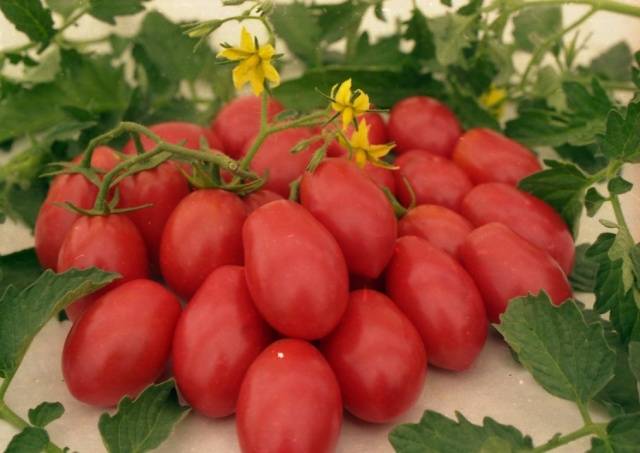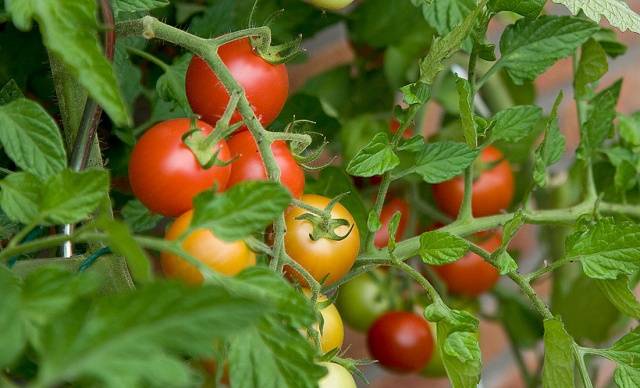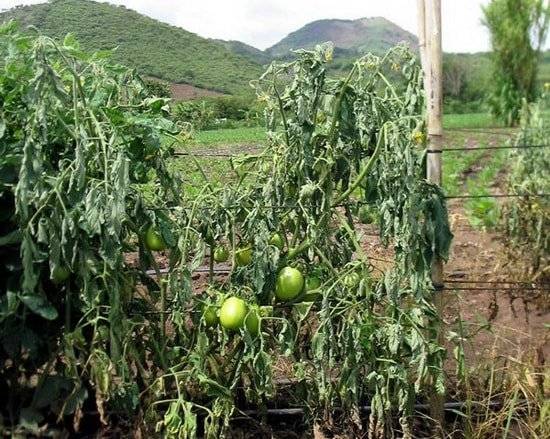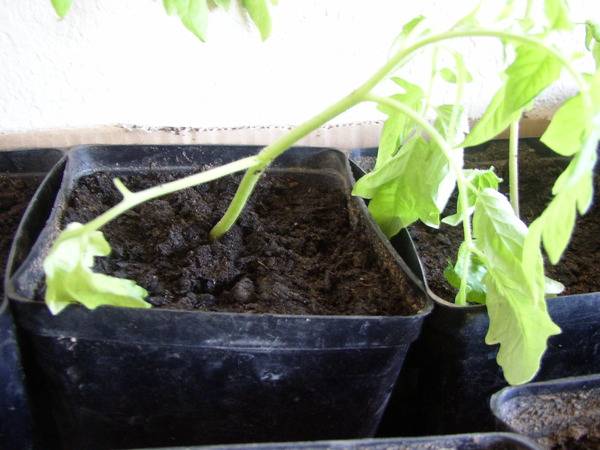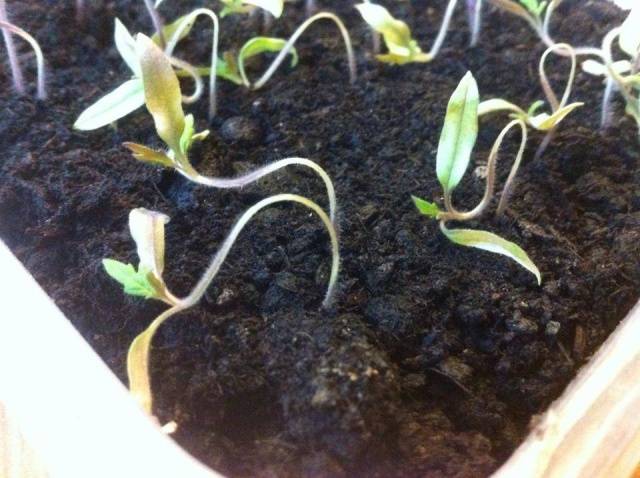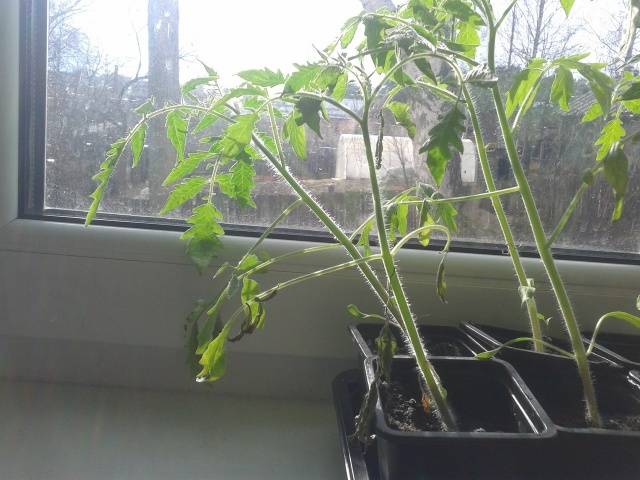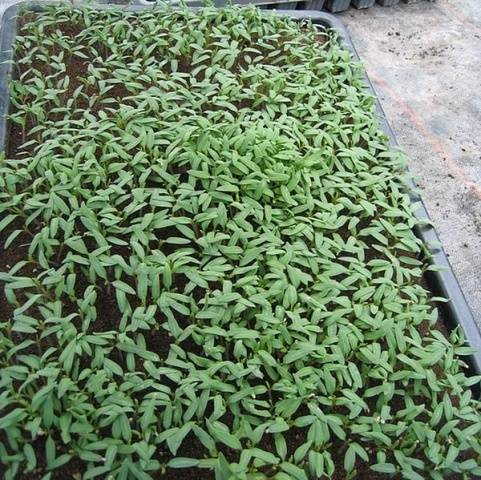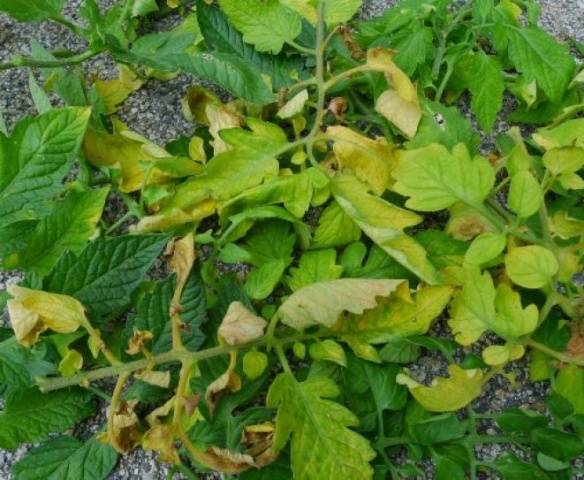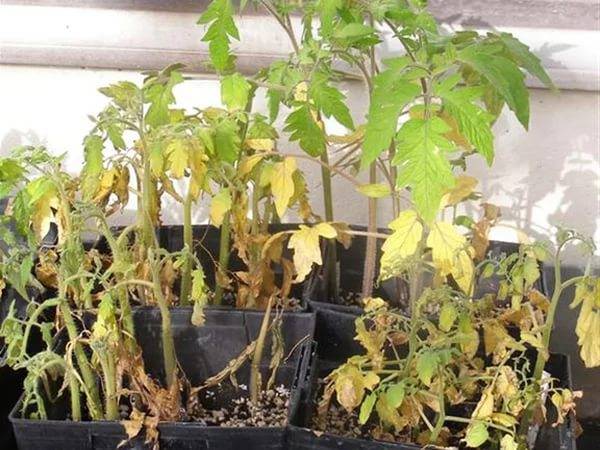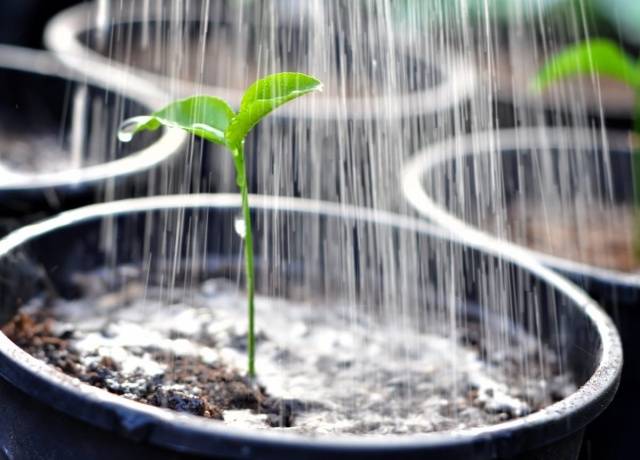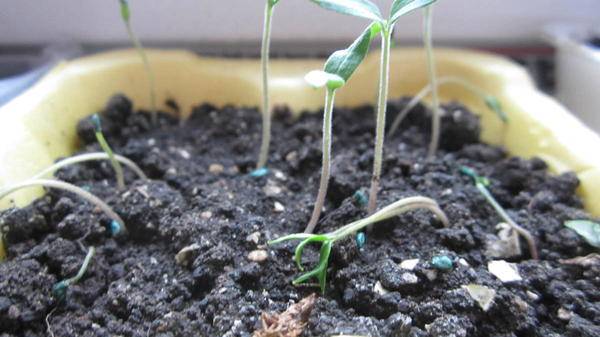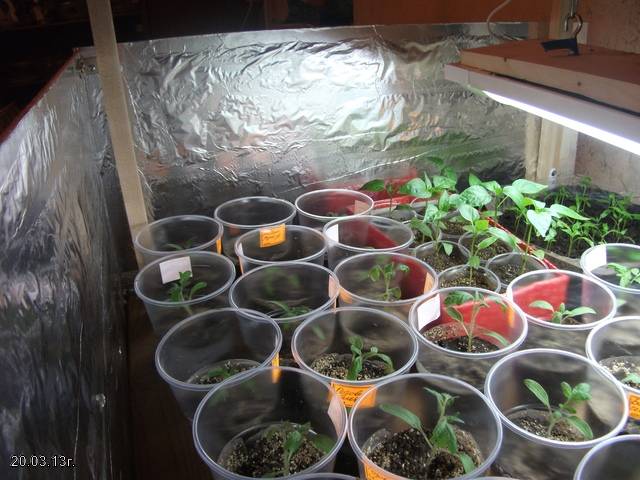Content
Did you know that one of the most delicious and healthy vegetables - tomato, from a botanical point of view, is not a vegetable at all? Biologists say that he is a fruit and that his fruit is a berry. But this will not make us love tomatoes less. In addition to excellent taste and dietary qualities, a large amount of vitamins, organic acids and other useful substances, tomato supplies lycopene to our body. This substance has antioxidant properties, slows down the development of atherosclerosis, and most importantly, inhibits the development of tumors at the cellular level. Dried tomatoes contain the most lycopene. So, when growing seedlings of this wonderful fruit or vegetable on the windowsill, remember that this is not only a valuable dietary product, but also a whole pharmacy in one berry. Today we will consider for what reasons it fades seedling tomato.
Why seedlings wither
In order to answer this question, you need to know what you need to successfully grow tomatoes:
- Neutral or slightly acidic soil;
- Intense lighting for 12 hours a day;
- Uniform and moderate soil moisture;
- Dry, warm air;
- Regular airing;
- Phosphate fertilizing.
Tomatoes will definitely not benefit:
- High humidity of both soil and air;
- Excessive feeding, especially nitrogen;
- Cold content;
- Watering with cold water;
- Thickened planting;
- Air temperature exceeding 36 degrees;
- Dense acidic soils.
All these factors will negatively affect the development of an adult plant, but they can simply destroy delicate seedlings with a thin root. It is very unpleasant when carefully grown seedlings begin to wither. There may be several reasons, and they are very different, but they are always associated with a violation of one or more of the above conditions for the successful cultivation of tomatoes. It:
- Waterlogging or overdrying of the soil;
- Wet air;
- Insufficient or excessive lighting;
- Thickened planting;
- Too hot or cold content;
- Wrong feeding;
- Unsuitable soil;
- Drafts;
- Incorrectly chosen place for growing seedlings;
- Diseases and pests;
- Adaptation after transplant.
To make it easier for tomatoes to adapt, after picking, treat them with an epin solution on a leaf, and spill the soil with a humate solution.
Let's take a closer look at the reasons for the wilting of tomato seedlings. It should be noted that diseases are almost always triggered by improper care or improper soil. Pests either were originally in the seedling soil or got on it from other indoor plants.
Soil as the cause of wilting
Not every soil is suitable for growing tomato seedlings. Sour or dense soil in itself can be the cause of wilting, and subsequently the death of seedlings. If you are wrong, transplant it into the “correct” soil as soon as possible. Fortunately, tomatoes tolerate transplantation well.
If you compose the soil yourself, be sure to process all of its components in order to destroy pests and diseases. Even purchased soil needs to be steamed by placing a bag with it in a bucket and pouring boiling water over it.
Unsuitable place for growing seedlings
Do not place containers with seedlings directly under the window - tomatoes do not like drafts. Even if it does not open, cold air can seep through the cracks. The same applies to openings in window frames. Seedlings will be worst of all when the cold wind blows in the direction of the window. To avoid trouble, close up all the holes.
Tomato seedlings can also wither on the windowsill due to the fact that the plants in the immediate vicinity of the window glass are cold.
Thickened plantings
If the tomatoes are sown too densely, the seedlings can not only stretch out, but also fall. In addition, thickened plantings can cause disease. black leg, which will definitely lead to the death of plants. If the seedlings are too thick, do not expect trouble - cut it out as early as possible so that there is enough room for the tomatoes.
When the tomatoes grow up, thickened plantings will cause them to suffer from a lack of moisture and fertilizer - each root needs its own nutritional area.
Feeding errors
The reason that tomato seedlings wilt may be a lack of nutrients in the soil. Most often this happens when we prepare the soil ourselves. Keep in mind that top dressing is vital to plant development, especially in the early stages. After all, nutrients are the building blocks from which the plant is formed. Read our article on feeding seedlings and follow her tips. Purchased soil contains a certain amount of fertilizer, but tomatoes quickly consume it.
You can feed tomatoes correctly, but keep them at such a low temperature that they will not absorb nutrients.
The reason for the wilting and lodging of seedlings can also be an excess of fertilizers, especially nitrogen - from its excess, it is strongly stretched and may turn yellow or simply die due to a root burn.
Watering errors
Tomato seedlings can wither both from overflows and from lack of moisture. It may seem strange, but the least danger is short-term overdrying of seedlings. If she "hangs her ears", water it, but carefully. The worst thing you can do is water the wilted plants abundantly right away. First, slightly moisten the soil, then water a little more after a couple of hours. Most often, seedlings restore turgor without any damage to themselves.
Overflow of plants is much more dangerous. It can lead not only to wilting of seedlings, but also to rotting of the root and to a black leg. If you poured the seedlings lightly and immediately noticed it, just powder the soil with wood ash and continue to be careful.
With a strong overflow or when the tomatoes have withered and lay down, urgent measures will be required:
- Remove the plants from the wet soil and clean the roots from the soil;
- Cut them into a new, slightly damp soil;
- With a teaspoon or tablespoon, depending on the size of the seedlings, gently water each plant with a slightly pink solution of potassium permanganate;
- Treat the tomatoes on the leaf with epin solution.
If we spray the tomatoes too diligently (this should only be done if the indoor air is not just dry, but very dry), the soil will be black and seem moist. In fact, if you pick it open with a match, it may turn out that only the top layer is wet. Water the seedlings carefully in several steps.
An excess of fertilizer can form a whitish crust on the surface of the soil, which will interfere with normal watering. Try to gently remove the top spoiled soil. If it comes out, do the next few waterings with a weak solution of humate - it not only acts as a light fertilizer and stimulator, but also improves the structure of the soil. If the tomatoes grow too densely or the soil is hopelessly spoiled, immediately cut the seedlings into another substrate.
Incorrect lighting
Photosynthesis of plants is impossible without light - this is the only source of energy that provides it. Lack of light for plants is no less dangerous than lack of fertilizer and irrigation errors. One of the signs of a lack of light is wilting and yellowing of the aerial part.
Tomatoes should be lit for at least 12 hours a day. When we grow seedlings, there is usually not enough natural light. Illuminate it with fluorescent lamps, and even better with a phytolamp.
An excess of light is less dangerous - a plant, like a person, needs a rest period during the day. Some processes in it occur only in the dark, for example, the assimilation of nutrients.
If you do not have the opportunity to install a lamp above the seedlings, install foil on the side of the box opposite to the window - it will reflect sunlight and increase the light intensity.
Temperature regime
Tomatoes love the heat, but there is a limit to everything. At temperatures above 36 degrees, tender seedlings may die - they simply overheat, wither and dry out. It is unlikely that the temperature in the room will be so high in winter, but anything can happen.
At temperatures below 15 degrees, tomatoes cease to assimilate phosphorus, which is vital for them, and at 10 - nitrogen. The best temperature for growing tomato seedlings is 18-22 degrees, immediately after germination - 3-4 degrees lower.
Conclusion
Give your tomatoes a comfortable environment and they will reward you with a bountiful harvest.
